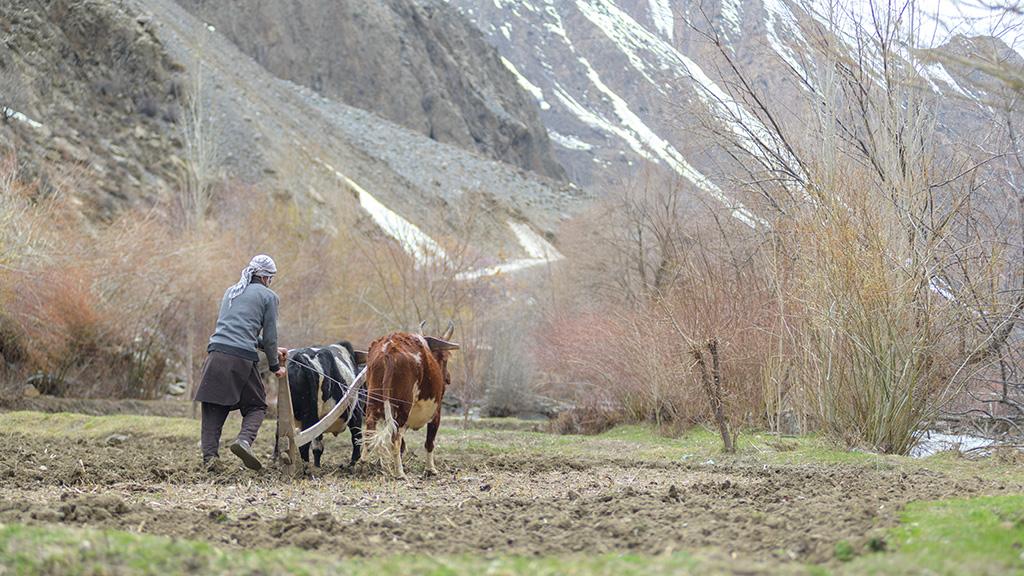BAKU, Azerbaijan, October 29. The Green Climate Fund (GCF) has approved $250 million for Glaciers to Farms—a flagship adaptation program led by the Asian Development Bank (ADB) to build resilient water and agriculture systems for vulnerable communities in glacier-dependent regions of Central Asia, the South Caucasus, and Pakistan, Trend reports via the ADB.
GCF’s funding will be provided mostly as grants and invested alongside $3.25 billion from ADB over the next decade in a series of projects identified by the countries covered by the program. By investing in efficient irrigation, water storage, and watershed management, the projects will help improve agricultural productivity even as accelerated glacial melt increases the frequency of droughts or floods.
Glaciers to Farms covers nine ADB developing member countries: Armenia, Azerbaijan, Georgia, Kazakhstan, the Kyrgyz Republic, Pakistan, Tajikistan, Turkmenistan, and Uzbekistan—which all rely on glacier and snow-fed rivers for agriculture, domestic water, and electricity generation. Accelerated glacial melt threatens these ecosystem services and livelihoods, presenting a serious challenge in these countries where about one in four jobs are in agriculture.
The program will focus on four glacier-fed river basins—the Naryn and Pyanj in Central Asia, the Kura in the South Caucasus, and the Swat in Pakistan—covering roughly 27 million hectares.
About 13 million people, including farmers and vulnerable populations in fragile mountain regions, will benefit directly from the program. It will support climate and glacier assessments that will inform national development plans and investment pipelines. The program will also strengthen monitoring and early warning systems to help communities manage the impacts of hazards such as glacial lake outburst floods and prolonged droughts.
In addition to agricultural systems, Glaciers to Farms will also support adaptive social protection schemes and health services for vulnerable communities affected by water shortages and extreme heat stress. The program will also strengthen local banks’ capacity to support agricultural businesses, especially those led by women.
GCF, the world’s largest climate fund, approved its concessional funding for Glaciers to Farms at its 43rd Board Meeting on 29 October.







